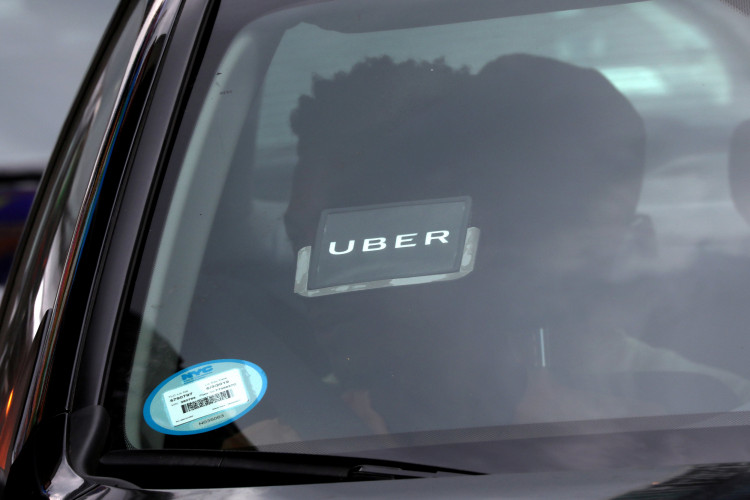India became a significant factor that might secure Uber's global operations in about two years following the set-up of its engineering team in the country.
The U.S.-based company announced last December that they are considering India as the location of its global hub for research and development (R&D) activities for mobility-and-transport-related challenges that it is facing all over the globe.
Uber's head of product and growth in India, Shirish Andhare thinks that transportation problems all throughout the globe might be solved using insights from the country. Uber currently has two technology innovation teams in India located in Bengaluru and in Hyderabad. The company plans to double its employees in these centers before 2019 ends.
The company is in the process of working on several other innovations in its tech hubs in the country. Its R&D in the country is in operation for at least two years in India and it already expanded significantly. The research and development team initially have 70 members and currently, it now has 160 members. the company's product managers, product designers, user experience researchers, data scientists, and product operations spread across Bengaluru and Hyderabad acting as the connection between global operations and India.
Uber sees the language diversity of the country as a possible edge over its competitors. Phones that are shipped to India uses English as its main language. They are planning to use India's vernacular languages in their operations focusing on the seven top languages in the country. The company will start with Hindi and will later move to the other languages. Currently, Uber supports Arabic, Spanish, and Portuguese.
The company is also developing its m.uber., a mobile web-product was known as a progressive web app wherein the user is able to get the same product experience when using a phone-installed app and a web-browser-opened app. The research and development are also working on an offline app that might use speech recognition or voice search to ease ride booking for users. The features are already lightly used in the Uber Lite. The company is planning to develop lighter apps without losing most of its functions.
The company, however, still needs to work on properly mapping the country to secure pick-ups and drop-off points for users. They also need to further improve their user validation for the safety of the users and its employees.
Uber believes that data scientists and analysts are key partners in the company's decision-making process.





